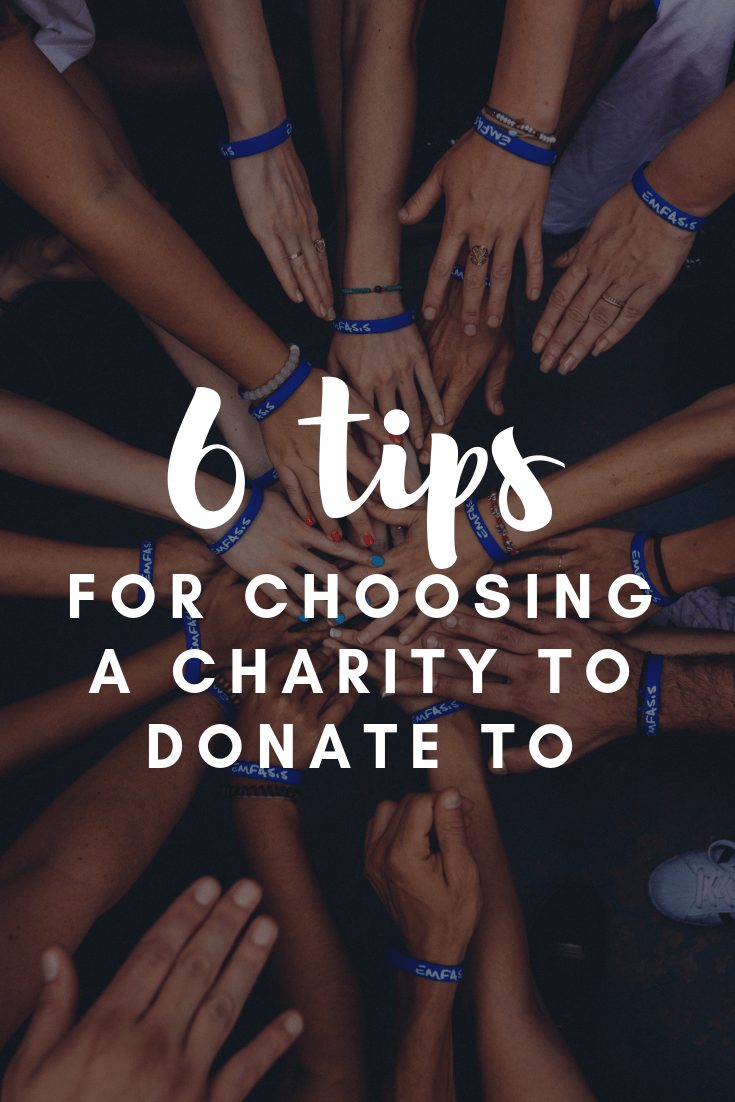Cheers to Charity
According to the Digital Giving Index produced annually by Network for Good, nearly a third of giving occurs in December each year and the average gift size on December 31st is more than double of the average gift size the rest of the year. But before you go to make your year-end gifts to trim your tax bill, be sure to use these tips so that your money is well spent.
Tips for choosing a charity to contribute to:
- Research charities on Charity Navigator and GuideStar. “Charity Navigator’s rating system examines two broad areas of a charity’s performance: their Financial Health and their Accountability & Transparency. Our ratings show givers how efficiently we believe a charity will use their support today, how well it has sustained its programs and services over time and their level of commitment to good governance, best practices and openness with information,” (charitynavigator.org). GuideStar is like Yelp for nonprofits and is Charity Navigator’s trusted partner in sharing information on how organizations seek impact. Thus, if you search for a charity on Charity Navigator, you’ll get information from GuideStar as well, and vice versa.
- Find out what it costs them to fundraise. If they’re spending more money on fundraising than they’re raising, they’re not an organization you’ll want to make donations to.
- Follow the following precautions from the Federal Trade Commission (FTC) to make sure your donation benefits the people and organizations you want to help:
- Ask for detailed information about the charity, including name, address, and telephone number.
- Search the name of the organization online—especially with the word “complaint(s)” or “scam”—to learn more about its reputation.
- Be wary of charities that spring up too suddenly in response to current events and natural disasters. Even if they are legitimate, they probably don’t have the infrastructure to get the donations to the affected area or people.
- Be aware of the FTC’s signs of a charity scam:
- Refusing to provide detailed information about the charity or fundraiser’s identity, mission, costs, and how the donation will be used
- Doesn’t provide proof that a contribution is tax deductible
- Uses a name that closely resembles that of a better-known, reputable organization
- Thanks you for a pledge you don’t remember making
- Uses high-pressure tactics like trying to get you to donate immediately, without giving you time to think about it and do your research
- Offers to send a courier or overnight delivery service to collect the donation immediately
- Guarantees sweepstakes winnings in exchange for a contribution. By law, you never have to give a donation to be eligible to win a sweepstakes
- Legitimate organizations typically have options for donating securely, so beware if an organization only wants cash donations. Be careful with giving your credit card number over the phone, too. You should be completely confident in the legitimacy of an organization and its contact information before you hand over your credit card information.
- Understand that charities have administrative fees, so legitimate charities will not claim that 100% of your donation will go to victims or resources. If an organization claims this, be sure to investigate further. If you receive a call from a fundraiser, ask if the caller is a paid fundraiser. If so, ask the percentage of your donation that will go to the charity, how much will go to the actual cause to which you’re donating and how much will go to the fundraiser.
- Keep an eye on Forbes.com for the 12 Days of Charitable Giving. Starting in mid-December, Forbes provides a charity each day with full details about the organization and how to donate. This will give you ideas of great organizations to donate to that may not be as well-known, especially if you like to contribute to smaller charities. Each charity featured is a bona fide 501(c)(3) organization, meaning that donations are tax-deductible in the United States.
And remember, it doesn’t matter how big or small the organization is, as long as you follow these tips and do your research. If you know the charity is legitimate, you’ll know exactly where your money is going and be able to contribute to a cause that feels best to you. Happy giving!
